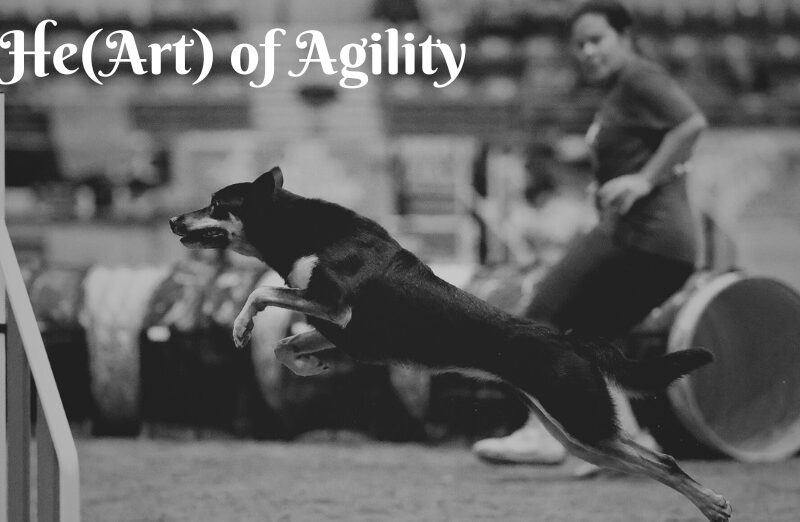One of the more cliche things I do as part of my mindset practice is positive appreciation journaling. It’s like gratitude journaling, only with space to accommodate things I can’t quite muster up gratitude for.
I write ten daily. I focus at least half on things I’d be naturally inclined to complain or stress about. And whenever I fall out of the practice, I soon notice the difference.
I’m thinking about this now because it’s the week of the inaugural UKI North American Invitational, and in my experience, having a brain trained to look for things to appreciate is REALLY useful at these large, I-traveled-across-many-states-to-be-here kind of competitions.
Because as we all know, things are going to happen. Very early mornings, very late nights, and often both. Encounters with odd or grumpy people. Walk times, run times, and spots in the running order that might be construed as either convenient or not. A crating location we have little control over. Challenges in the courses we don’t feel confident in. Clean runs, eliminations, and lots of things in between.
The best thing I’ve done for myself is developed the habit of looking at the way ALL these things are working out FOR me.
How does being in the group I’m in give me an advantage? What’s the best thing about this crating spot? What did I learn from this fault that’s going to serve me in the next run? How am I so freaking lucky to be rolling my dog through an airport at 1am on a Thursday??? (For real, though! What a life this is!)
Personally, I enjoy this way of being. It’s not my place to assert it’s “better,” but it feels better to me.
Want to try it on for yourself? Do this:
Write ten things you appreciate in a journal every day. Focus at least half on things you’d be naturally inclined to complain about. Don’t give up if this feels forced or superficial at first – it does for me, too, every single time I restart after a pause. It gets deeper with practice.
When something happens you have icky feelings about, ask: how is this working out FOR me? Do this in a journal for maximum effect or in your head for benefits on the fly. Come up with absurd answers if you need to (bonus points if you make yourself laugh).
Don’t expect either of these practices to wash away all the things that sting, especially not right away. But if you give them time and curiosity, they’ll give you a power over your experience that might come to pleasantly surprise you.

